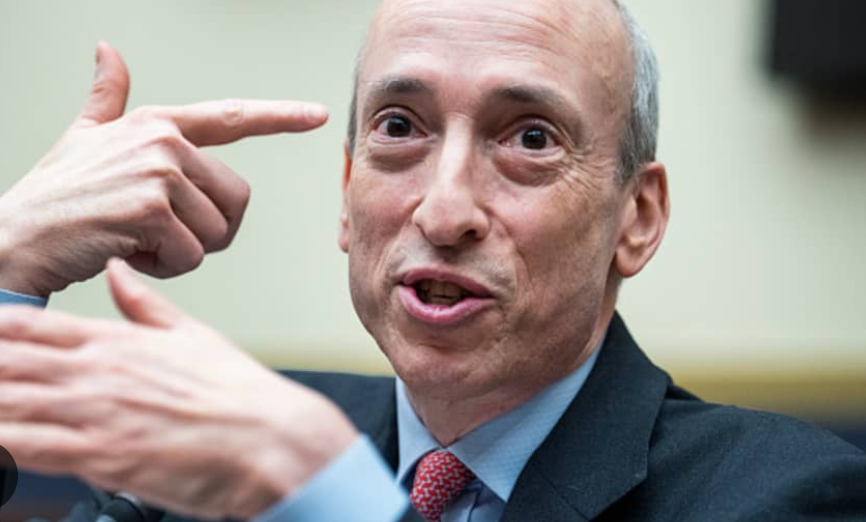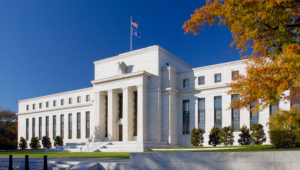#Binance #SEC #Cryptocurrency #Blockchain #Legal #Regulations #CryptoAssets #DigitalTokens
In a significant development within the cryptocurrency legal landscape, Amy Berman Jackson, a United States District Court Judge for the District of Columbia, has ruled that the majority of the lawsuit filed by the Securities and Exchange Commission (SEC) against the global cryptocurrency exchange Binance, along with its co-founder, can proceed. This decision unfolds amidst allegations levied by the SEC in June 2023, accusing Binance and its co-founder, Changpeng Zhao, of mismanaging customer funds, deceiving investors and regulators, and breaching securities laws. The company had sought to have the case dismissed in September, arguing that the SEC was attempting to extend its jurisdiction over transactions on foreign cryptocurrency platforms.
The court’s ruling, declared by Judge Jackson, allows 10 of the 13 counts in the SEC’s lawsuit to move forward fully, with two counts proceeding partially and one count being dismissed. The dismissal was notably related to the sale of Binance’s defunct stablecoin, BUSD, which faced regulatory scrutiny in February 2023, resulting in its issuer, Paxos, halting the coin’s minting process. Additionally, a portion of a count regarding secondary sales of Binance’s native token BNB by external parties was dismissed, along with an allegation concerning Binance’s Simple Earn program, although the remainder of that count will continue through the courts.
This lawsuit is a separate issue from another financial burden faced by Binance in November 2023, where it was penalized with a $4.3 billion fine for violating anti-money laundering and sanctions regulations. Despite these legal challenges and the SEC’s persistent stance that most crypto assets should be classified as securities—a notion reinforced by their chair, Gary Gensler—digital tokens’ regulatory status remains undecided, stirring ongoing debate within the crypto community. Meanwhile, Binance’s native token, BNB, showed resilience, maintaining stability in its trading price even in light of the legal news, continuing to perform well against other altcoins by reaching a record high of $717 on June 6.
Amidst this backdrop, Ethereum’s software solutions provider, ConsenSys, accused the SEC of regulatory overreach and challenged its attempts to classify its MetaMask software as requiring registration as a securities broker. ConsenSys’s retort to the SEC’s allegations against its staking services underscores the broader crypto industry’s pushback against what it sees as the SEC’s over-extension of its regulatory ambit. This legal skirmish between crypto entities and regulatory bodies signals a pivotal moment in the ongoing dialogue surrounding digital asset classification, regulatory oversight, and the future of blockchain technology innovations.







Comments are closed.